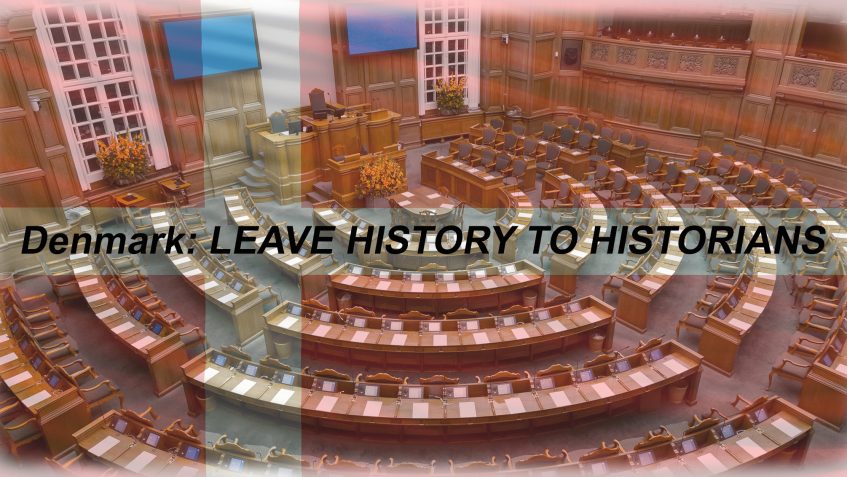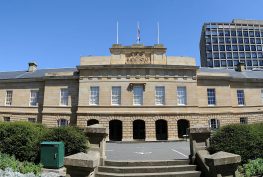Last Thursday, January 26, Danish lawmakers decided – in line with parliamentary tradition – to leave history to historians.
In a resolution adopted by an outright majority, the Danes once again made it clear that the characterization of the events of 1915 as “genocide” would be “issuing a judgment about historical events”.
Australian Turkish Advocacy Alliance (ATA-A) welcomes the stand of the Danish parliament, as the resolution reflects our position on the issue.
ATA-A was founded in 2013 in Australia to counter a relentless ongoing campaign by some community lobby groups for parliamentary characterization of the events of 1915 as “genocide”.
We believe, as do many Armenians in Turkey and Armenia, that foreign parliaments and politicians often use this tragedy to score cheap political gains.
The Danish Parliament has called for an open dialogue about the events in question as the best path to reconciliation, on the basis of a free and uncensored history research, including the release of all official documents from the period.
ATA-A strongly supports further academic research on the topic, as we believe only the truth can set us all free.
REJECTING THE USE OF THE TERM
Neither the Danish resolution nor an earlier one passed by the German parliament in mid-2016 can alter the fact that millions suffered, had to flee, and lost loved ones in Anatolia at the turn of the century.
The tragic events in the last days of the Ottoman Empire, including a major draught, conscription, WWI war and civil unrests, cost hundreds of thousands their lives.
Millions were displaced.
Christians, Jews and Muslims alike suffered from the same terrible conditions.
Inter-communal violence carried out by gangs, armed so-called revolutionaries and ordinary folk destroyed many lives.
The people of Anatolia therefore understand each other and share each other’s pain.
We reject the use of the term “genocide”, because there is no credible evidence proving the Ottoman state’s intention to wipe out a group from existence.
“Genocide” is a strictly defined legal term and no verdict has been issued by a competent court labeling the events of 1915 as genocide, again due to lack of any evidence.
Genocide is also a historical event and there is no consensus on how to characterize the tragedy in the last days of the Ottoman Empire.
Most respected students of Ottoman history continue their research.
We once again remember the millions of civilians who died in Anatolia in the last days of the Ottoman Empire. May they rest in peace.
For us to build peace, we have to study history with honesty and integrity, setting out the causes and external factors that ignited the events that led to that tragedy.
Read Guenter Lewy on historical discrepancies here.
Read more on the debate here.





